Lake Erie’s ecosystem declining due to poisonous algae
1According to scientists, Lake Erie’s ecology has been rapidly dying due to water pollution since the mid-1990s. Specifically, a toxic algae called microcystis has pervaded the lake and depleted significant portions of oxygen from the water.
These algae-infested waters snuff out the indigenous fish population, which is a substantial problem for the region that 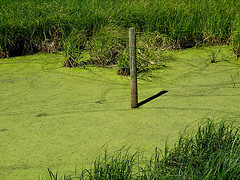 relies so heavily on sport fishing and lake tourism for its economic stability.
relies so heavily on sport fishing and lake tourism for its economic stability.
This is alarming for Lake Erie most notably due to the fact that it is the most fertile of the Great Lakes: It contains only 2 percent of the water, but 50 percent of their fish.
Other forces contributing to the decline of Lake Erie are the presence of invasive mussel species and the influx of agricultural pollutants that wreak havoc on Erie’s ecosystem.
Read the complete article at onearth.org.
Image Credit: Flickr




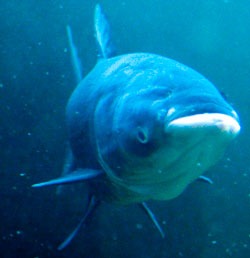
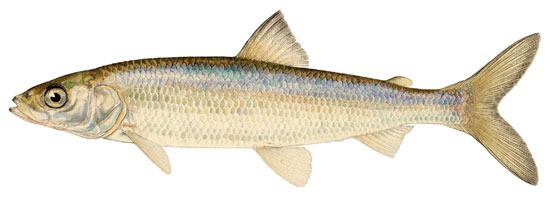
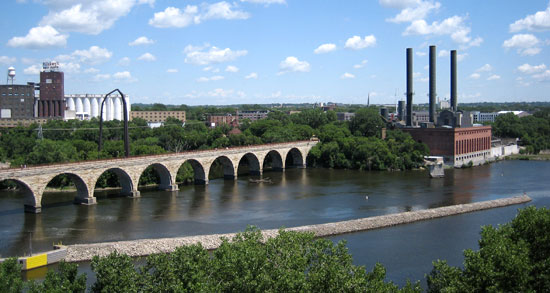
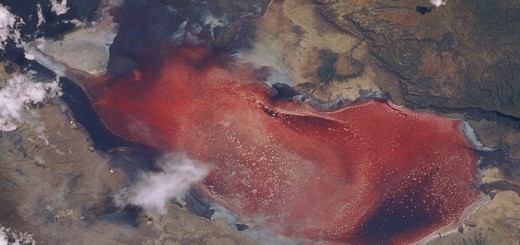



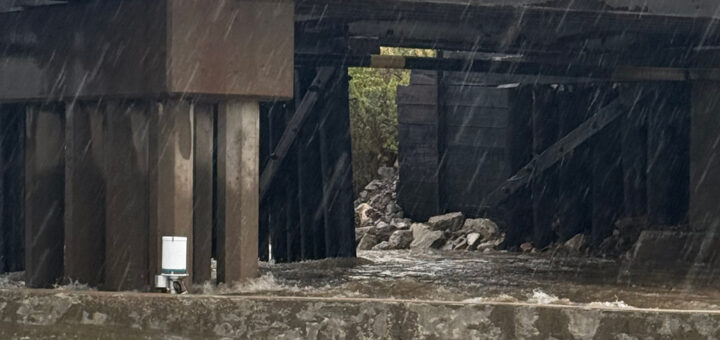
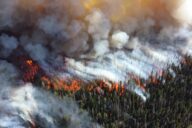

Friends and family have been watching in horror as the August and September algae blooms around Pelee Island (in the middle of Lake Erie) worsen, year after year. My reserach tells me Ken Krieger and Heidleberg University colleagues in the National Center for Water Quality have it right: follow the source of the phosphates. Overuse and unrestricted runoff from agriculture is the culprit: the smoking gun captured vividly in the satellite views of the Maumee and other Western Basin tributaries. Phosphate levels entering Erie at highest levels in 30 years over the past 3 or 4 years precisely coincide with incredible August-September blooms. For an amateur’s eye view, look at these photos, from 2009 (worse we had seen in years at Pelee) and this year, about twice as bad as 2009. Photos, (on Facebook) taken 08/19/11 from Pelee Island east shore: http://tinyurl.com/3bxy4db Photos (on Facebook) taken 08/09. Aerial and shore views http://tinyurl.com/3dsu4q3 Lack of international coordination and citizen apathy led to last Erie crisis. We’re on a path now that points to worse situation with higher stakes. We need all be concerned about tipping points.